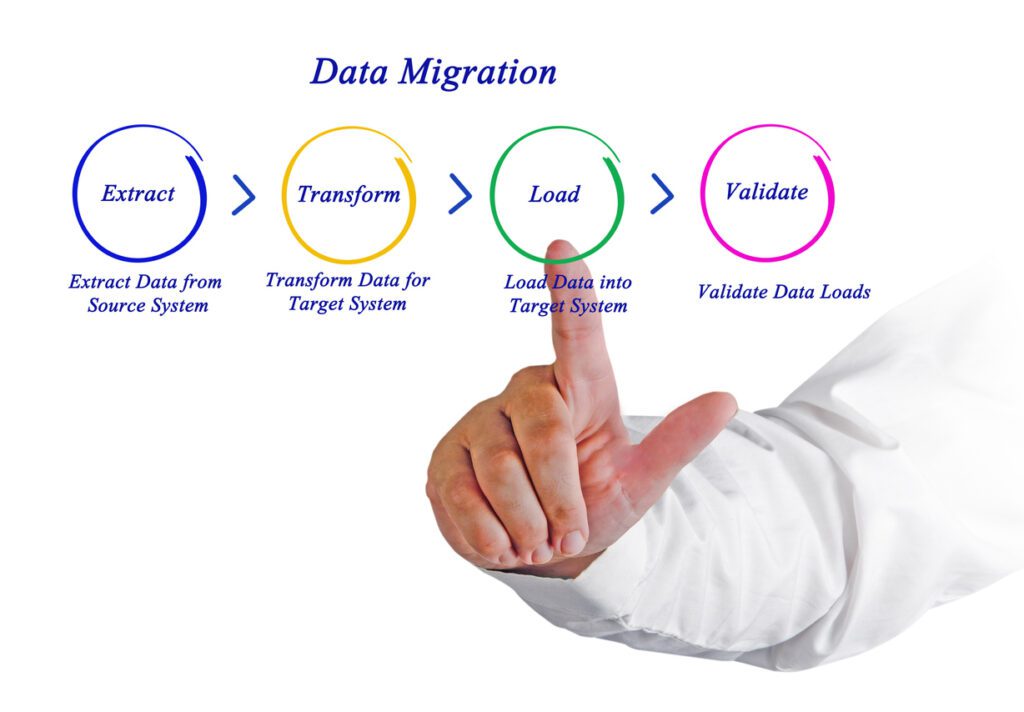Posts by Seth Rao
Data Observability for Data Engineers: Why It Matters for Optimizing Your Pipelines?
Do you work with data? If you do, then you need to care about data observability. Data observability is so important that anyone who works with data should care about it and its many benefits to an organization. It’s about making all the pieces and parts of a data pipeline visible to improve the pipeline…
Read MoreIngestion Monitoring vs Data Observability: Key Differences for Modern Systems
Data ingestion monitoring and data observability are two different yet complementary approaches to improving the quality of an organization’s data. When it comes to ingesting data from various sources, monitoring the quality of that data is essential. It’s also important that your data management systems work properly and don’t introduce new errors into ingested data.…
Read MoreUnderstand the Difference Between Data Observability vs Data Quality: Enhance Your Data Strategy Today!
Do you know the differences between data quality and data observability? These two concepts are similar in some ways and different in others—and can work together to improve the insights you glean from the data you collect. When you want to gain the most value from your organization’s data, you need to maximize both data…
Read MoreStart With Complex Data Analysis to Simplify Managing Complex Data Sets
Complex data analysis is necessary to help businesses and other organizations make sense of and use all the information they gather. To best utilize data analysis in your organization, it’s important to understand its value and know how it works. Do you know the process behind data analysis, or which data analysis tools are best…
Read More6 Key Benefits of a Data Catalog for Business Success
How organized is your firm’s data? Dealing with unorganized raw data can impact your company’s efficiency, productivity, and ability to make informed decisions. A better approach is to organize your data in a centralized data catalog and ensure you’re working with high-quality, easy-to-access information. In this article, we’ll explore the six key benefits of a…
Read MoreWhy SLAs Are Important for Ensuring Data Quality: Key Metrics and Monitoring Strategies
Maintaining high-quality data is crucial for every organization’s success. A Service Level Agreement (SLA) ensures that all stakeholders are aligned on data quality expectations and provides a framework for tracking and improving data reliability. In this blog, we explore why SLAs are critical for data quality, best practices for creating effective SLAs, and how monitoring…
Read More7 Data Engineering Principles You Should Be Aware Of
What is data engineering, and why is it important? Data engineering is about turning the data you collect into data you can use. For more effective data management, it’s important to follow seven key data engineering principles—and ensure that your data is of the highest quality possible. Quick Takeaways What Is Data Engineering? Data engineering…
Read More5 Essential ETL Tools to Solve Big Data Challenges, Automate Processes, & Improve Data Quality Monitoring
Getting your ducks in a row is easier than managing the sprawling datasets that organizations have to juggle daily. Uncovering insights into business performance, determining the right growth strategy, and understanding where the next opportunity for innovation resides all depend on having quality data available from a variety of sources. Extract, transform, and load (ETL)…
Read MoreDark Data: Use It or Lose IT
What is dark data? It sounds nefarious, but it’s really much more benign—data your organization owns but isn’t using. Virtually every company collects data that it ignores, but storing this dark data presents costs and risks that you don’t need. How much dark data does your company own, and what should you do with it?…
Read More9 Key Factors to Ensure Data Reliability & Improve Accuracy
Do you know how to improve the reliability of your company’s data? Data reliability affects how you run your business. Unreliable data can lead to poor business decisions and difficulty running your company’s day-to-day operations. It is in your company’s best interest to improve data reliability—and here are nine ways to do it. Quick Takeaways…
Read More








